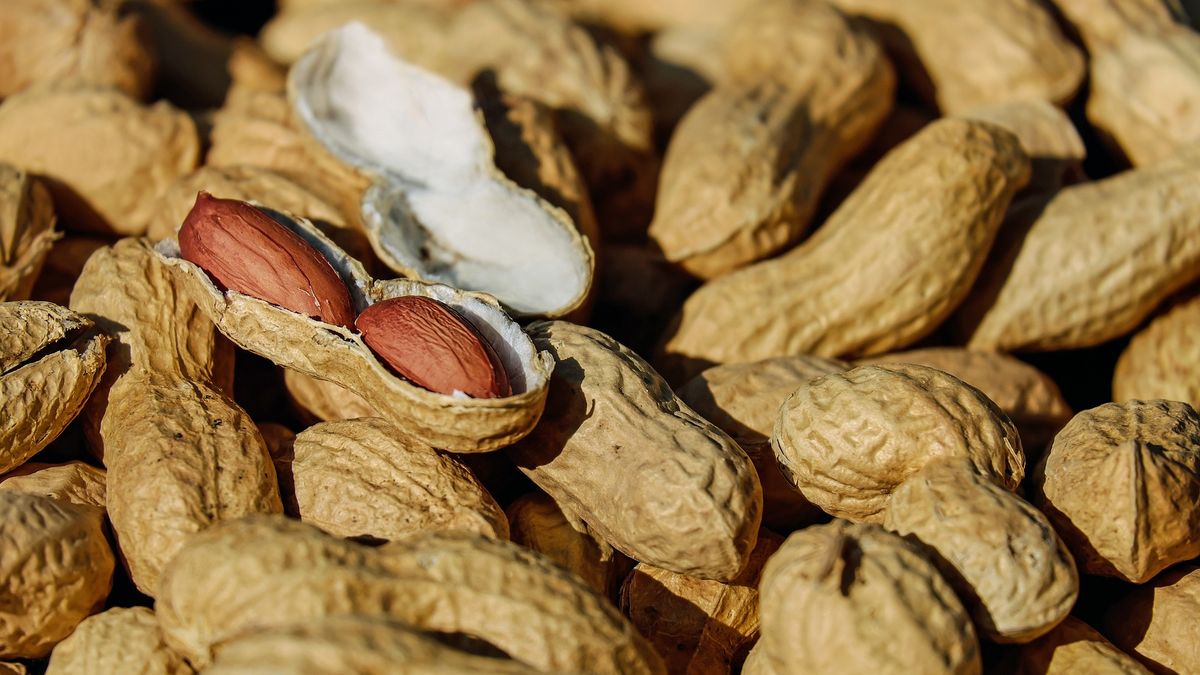Meanwhile, from the Government they emphasize that the assistance measures launched last week encompass the different activities that today are under an agricultural emergency and the same happens with the subsidized credits of Banco Nación. Going forward, the launch of new assistance mechanisms is expected, always focused on small and medium-sized producers, which in practice are those with the least financial backing to get ahead and plan the next campaign.
In this regard, a report from the Argentine Peanut Chamber indicates that 23 of the 25 companies that make up the peanut agro-industrial sector are established in the province of Córdoba. Of these 25 companies, 4 are large, 9 medium and the rest are small establishments. Large companies have 50% of the export market, medium-sized ones 39% and small ones 11%. That is why the Government’s measures seek precisely to reach a universe of producers who need it, without neglecting the requirements that large companies may have, but always with the focus on rapid assistance to those most economically affected.
For this year, the Government had proposed a reduction of withholdings to various regional economies, something that has not been ruled out but that for the moment would not be implemented, since the drought that is strongly affecting the income of foreign currency from the countryside complicates much of the plans towards forward. The hope remains that as of March the rainfall will be restored and thus the main agricultural areas would no longer be under the effects of the drought.
Livestock in the spotlight
Livestock is another activity that is extremely complicated by the effects of the drought. According to official estimates more than 50% of the national bovine stock is at risk, which is equivalent to approximately 30 million animals. In addition, the mortality of animals or the early departure to slaughter of cows that cannot be fattened due to the lack of pastures is increasing.
This context brought with it the recovery of the prices of live stock and this is making itself felt directly in the price of meat in gondolas. That is why, along the same lines, the Government proposes aid measures for the affected producers and direct mechanisms aimed at consumers so that the product does not continue to increase. This will be a week of definitions for this key sector for the domestic market but which also has a strong export profile. Another key piece of information is that the economic team rules out any intervention in exports and/or increases in withholdings.
In short, the scenario is more than complex for all productive activities and that is why, going forward, the hope is that the rains in March bring relief, while the Government seeks to make February the pivotal month with the great objective of containing inflation and also assist producers and activities affected by the drought.
Source: Ambito




